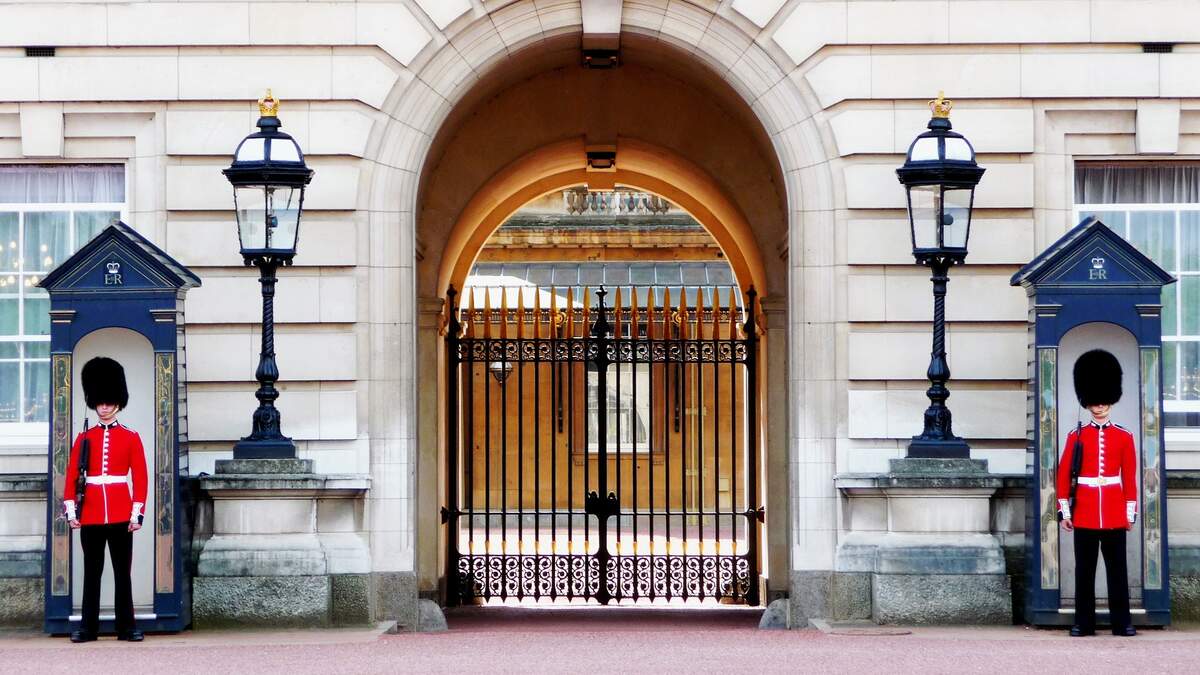

Commonwealth Day
Also known as
Empire Day
Observed
annually on May 24th (1902 to 1965)
the second Monday in June (1966 to 1976)
the second Monday in March (since 1977)
Dates
Tags
Government & Politics
History & Culture
Hashtags
Sources
Commonwealth Day celebrates the Commonwealth of Nations. Most of the states in the Commonwealth are former members of the British Empire. A multi-faith service traditionally takes place in Westminster Abbey on the day, being attended by many dignitaries, usually including the Head of the Commonwealth—who as of 2018 has long been Queen Elizabeth II. She delivers an address that is broadcasted around the world. In some countries, the Queen's message is read aloud instead of being listened to. The Union Jack flag is flown, and many Commonwealth countries have flag-raising ceremonies, programs, and assemblies. Each year there is a new theme to go with the day. It is a public holiday in many Commonwealth countries, but not in all.
Commonwealth Day was formerly known as Empire Day, which was first held on May 24, 1902. This date coincided with Queen Victoria's birthday, who had passed away the year before. The idea for such a day goes back to before Victoria's death, to around 1897. Empire Day was instituted in Britain in 1905 and spread to the rest of the Commonwealth countries. Each year there were school parades, thanksgiving services, the singing of patriotic songs, and flag salutes. Children got out of school early for concerts and parties. Empire Day was celebrated to show unity of Commonwealth nations and pride in being part of them. It reminded children that they were part of the British Empire and connected to others around the world.
With the issuing of the London Declaration of 1949, critiques of British imperialism, and the declining of the Empire in the 1950s—when countries in the Empire besides Britain started celebrating their own identities—time was ripe for change. In 1958, UK Prime Minister Harold Macmillan announced Empire Day would become British Commonwealth Day. In 1966 it was changed to Commonwealth Day. It was also in 1966 that it changed from being celebrated on May 24 to the Queen's official birthday in June. It began being observed on the second Monday of March in 1977.
How to Observe Commonwealth Day
Celebrate the day by flying the Union Jack flag and reading some books on the British Empire. You could also listen to the Queen's address from Westminster Abbey, some explore some primary source documents related to the day.




















